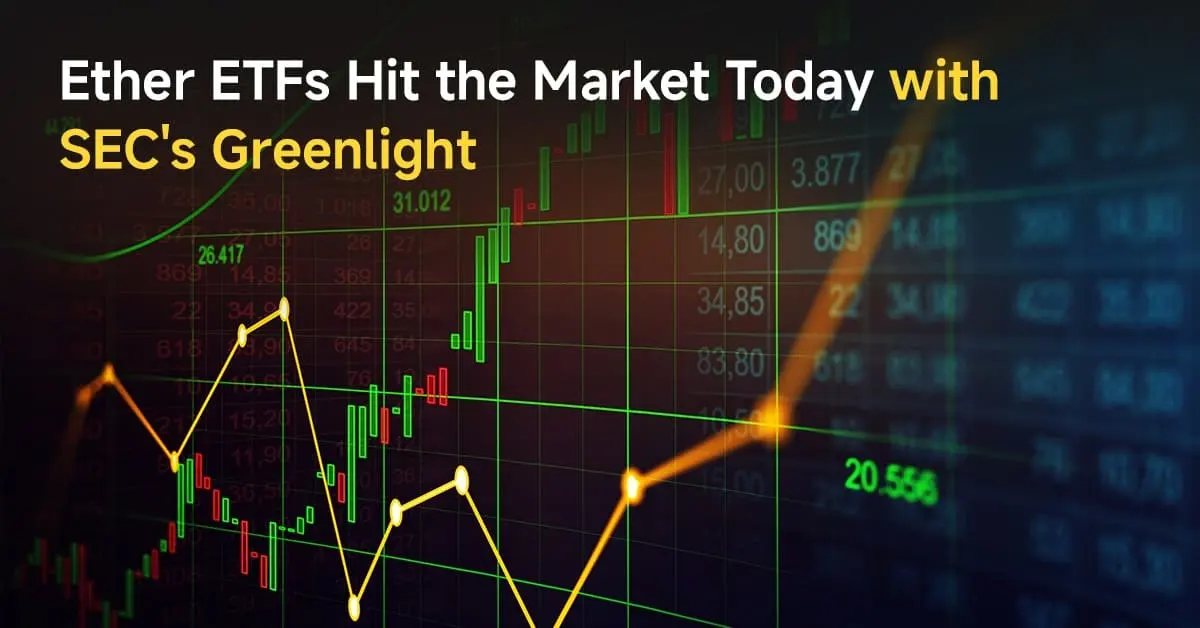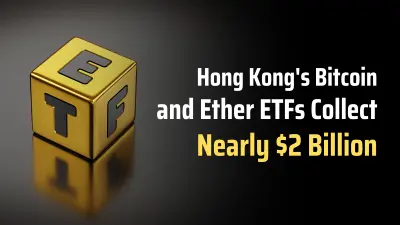简体中文
繁體中文
English
Pусский
日本語
ภาษาไทย
Tiếng Việt
Bahasa Indonesia
Español
हिन्दी
Filippiiniläinen
Français
Deutsch
Português
Türkçe
한국어
العربية
Ethereum token ‘WhaleFarm’ drops 99% in latest DeFi scam. Team steals $2 million
Abstract:Ethereum token ‘WhaleFarm’ drops 99% in latest DeFi scam. Team steals $2 million

Another DeFi project turns out to be a costly trap for unsuspecting investors lured by unrealistically high APY.
Decentralized finance (DeFi) project WhaleFarm joins the fast-growing list of exit scams, hijacking millions as its native tokens value plummeted by almost 100% in minutes.
Recently, the projects anonymous developers launched yield farming, a staking opportunity for investors to lock up their crypto in return for high rewards.
Fast exitThe project witnessed growth as its native coin WhaleFarm Token surged in value, trading for $215 before the intentional capitulation occurred.
The malicious maneuver occurred in minutes, as the scammers redeemed their token all at once, causing its price to plummet and leaving investors with no time to pull out.
Meanwhile, WhaleFarm deleted the projects Twitter account and the official Telegram group, pointing to a typical rug pull.
A popular crypto commentator stated the most obvious about the project, pointing to it being a booby trap for unsuspecting investors that eventually cost them more than $2.3 million.

These types of exit scams mainly happen in the decentralized finance (DeFi) ecosystem and largely on decentralized exchanges (DEXs), where malicious individuals acting as developers list tokens and pair them with leading cryptocurrencies.
This is typically followed by an artificially created hype on social media platforms, as scammers often inject a significant enough amount of liquidity into their pool to cultivate an investor base and build trust in the project.
Eventually, once a significant amount of investment enters the pool the scammers abandon the project and exit with the proceeds as they rapidly sell their native token and deplete the liquidity pool.
Unlike centralized cryptocurrency exchanges, so-called rug pulls thrive on decentralized exchanges (DEXs) since they allow users to list tokens for free and without audit.
Creating tokens on open-source blockchain protocols is fairly easy and free and con artists taking advantage of this is not a novelty.

Disclaimer:
The views in this article only represent the author's personal views, and do not constitute investment advice on this platform. This platform does not guarantee the accuracy, completeness and timeliness of the information in the article, and will not be liable for any loss caused by the use of or reliance on the information in the article.
Read more

Coinbase vs. SEC: The Push for Hidden Ethereum Files
Coinbase is seeking to compel the U.S. Securities and Exchange Commission (SEC) to release internal communications regarding the agency's views on Ethereum (ETH) and other digital tokens.

Essential Guide to Ethereum-USD Conversion
Learn how to accurately convert Ethereum to USD with our essential guide. Understand market influences and use reliable converters to make informed investments.

Ether ETFs Hit the Market Today with SEC's Greenlight
Spot Ether exchange-traded funds (ETFs) are set to commence trading in the United States on July 23, following final approval.

Hong Kong's Bitcoin and Ether ETFs Collect Nearly $2 Billion
In 44 days, Hong Kong's Bitcoin and Ether ETFs gathered $1.99B, with $1.96B in Bitcoin and $26M in Ether, reflecting modest growth compared to U.S. counterparts.
WikiFX Broker
Latest News
ASIC Sues Binance Australia Derivatives for Misclassifying Retail Clients
Geopolitical Events: What They Are & Their Impact?
Top 10 Trading Indicators Every Forex Trader Should Know
WikiFX Review: Is FxPro Reliable?
Malaysian-Thai Fraud Syndicate Dismantled, Millions in Losses Reported
Trading frauds topped the list of scams in India- Report Reveals
Why Do You Feel Scared During Trade Execution?
WikiFX Review: Something You Need to Know About Markets4you
Revolut Leads UK Neobanks in the Digital Banking Revolution
Fusion Markets: Safe Choice or Scam to Avoid?
Currency Calculator


